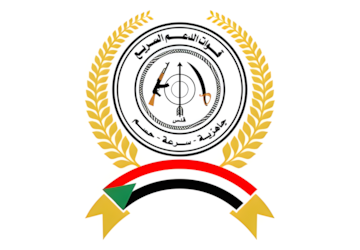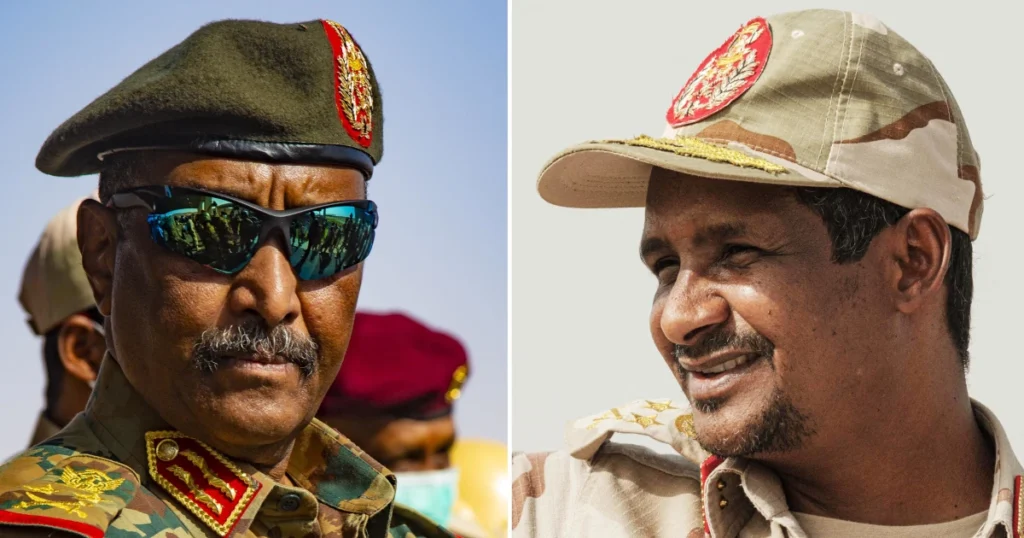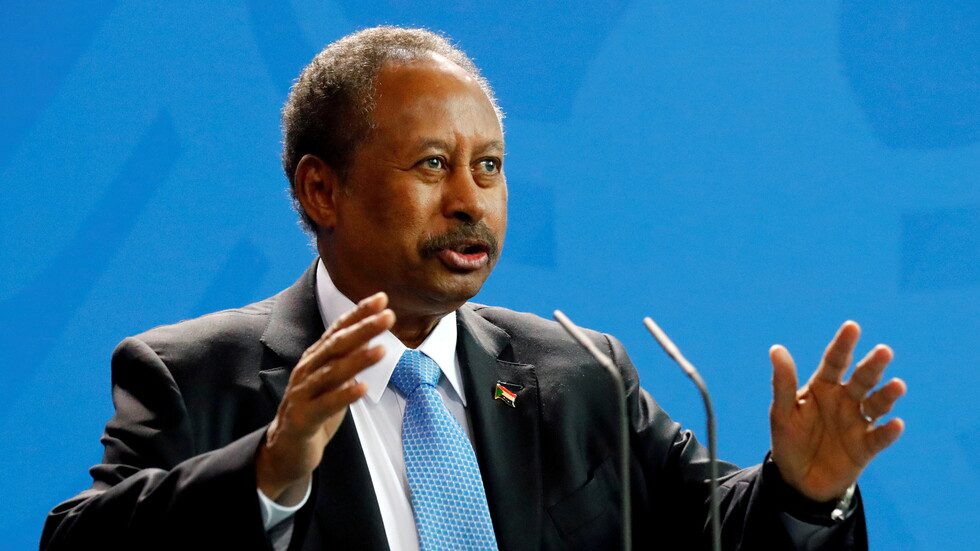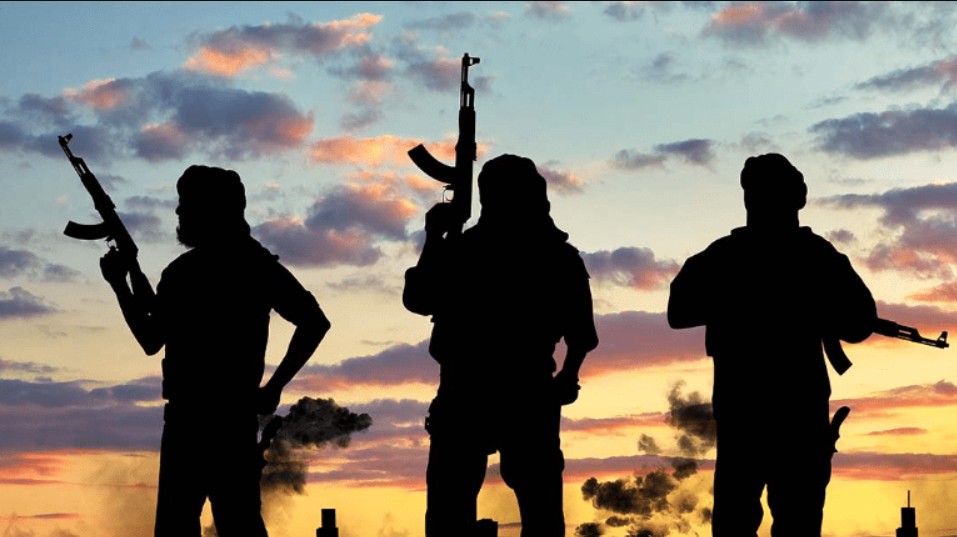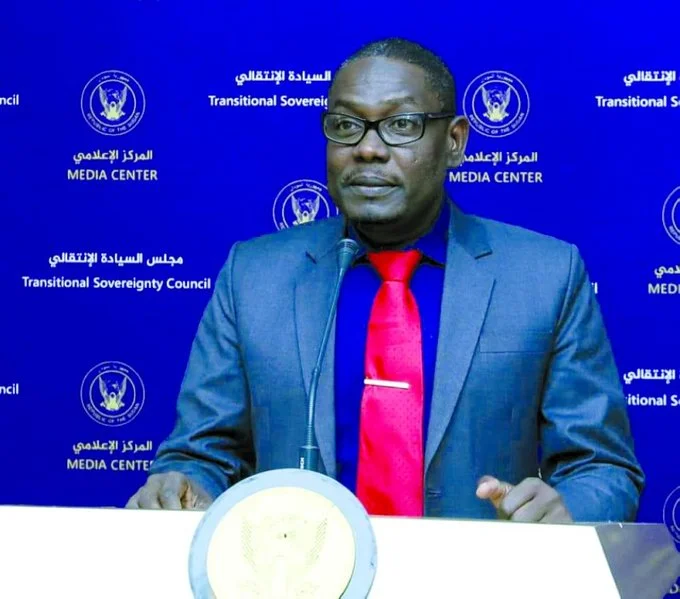
Mohamed Hassan al-Ta’aishi, prime minister of the civilian “Tasis” government, said he has ordered a comprehensive relief convoy to communities hit by the Tarsin landslide in Jebel Marra, carrying food, essential medicines, safe drinking water, tents and shelter materials. He said authorities are coordinating with international and national organizations and forming a joint committee “to overcome bottlenecks and ensure assistance reaches the affected as quickly as possible.” Ta’aishi added that he spoke by phone with Sudan Liberation Movement (SLM-AW) leader Abdel Wahid al-Nur to facilitate access.
Local civil structures say the landslide, triggered by heavy rains on August 31, buried most of Tarsin’s homes and public buildings, with an initial estimate of around 1,000 residents feared dead or missing—figures that could not be independently verified. Communications outages and washed-out tracks have slowed assessments. Villagers from nearby hamlets have been digging with rudimentary tools while calling for specialized rescue teams and heavy equipment.
According to Ta’aishi’s office, the convoy is being organized from hubs in South and Central Darfur and will prioritize trauma care, safe water and temporary shelter. Officials said the joint committee—bringing together representatives from the Tasis executive, local administrations and humanitarian partners—will oversee needs mapping, convoy routing, and deconfliction to keep aid moving despite difficult terrain and recurrent downpours.
Access remains the core challenge. Tarsin sits in a mountainous pocket of Central Jebel Marra and is reachable only via steep approaches that turn treacherous during the rainy season. Landslide debris has blocked footpaths, and flood-damaged culverts have complicated vehicle movement. Aid groups have warned of secondary hazards, including further slope failures and waterborne disease if retrieval and burial of the dead are delayed and safe water supplies are not restored.
Before the disaster, Tarsin was hosting families displaced from Zamzam, Abshok and other parts of Darfur, amplifying the scale of need. Community leaders report that hundreds of bodies remain under rubble and that families are still searching for missing relatives. They have appealed for digging equipment, body bags, mobile clinics, and psychosocial support.
Ta’aishi’s intervention comes two days after he took the oath of office in Nyala as head of the Tasis executive. His office framed the move as an “urgent, non-political response” and encouraged all actors to support safe humanitarian corridors into Jebel Marra. The SLM-AW civil administration has separately called for a rapid surge of emergency teams and air support for reconnaissance where roads are impassable.
While initial convoys are being assembled, local volunteers continue retrieval efforts with limited means. Humanitarian coordinators say immediate priorities include medical evacuations, reuniting separated families, and establishing safe water points and temporary shelters near accessible high ground.

